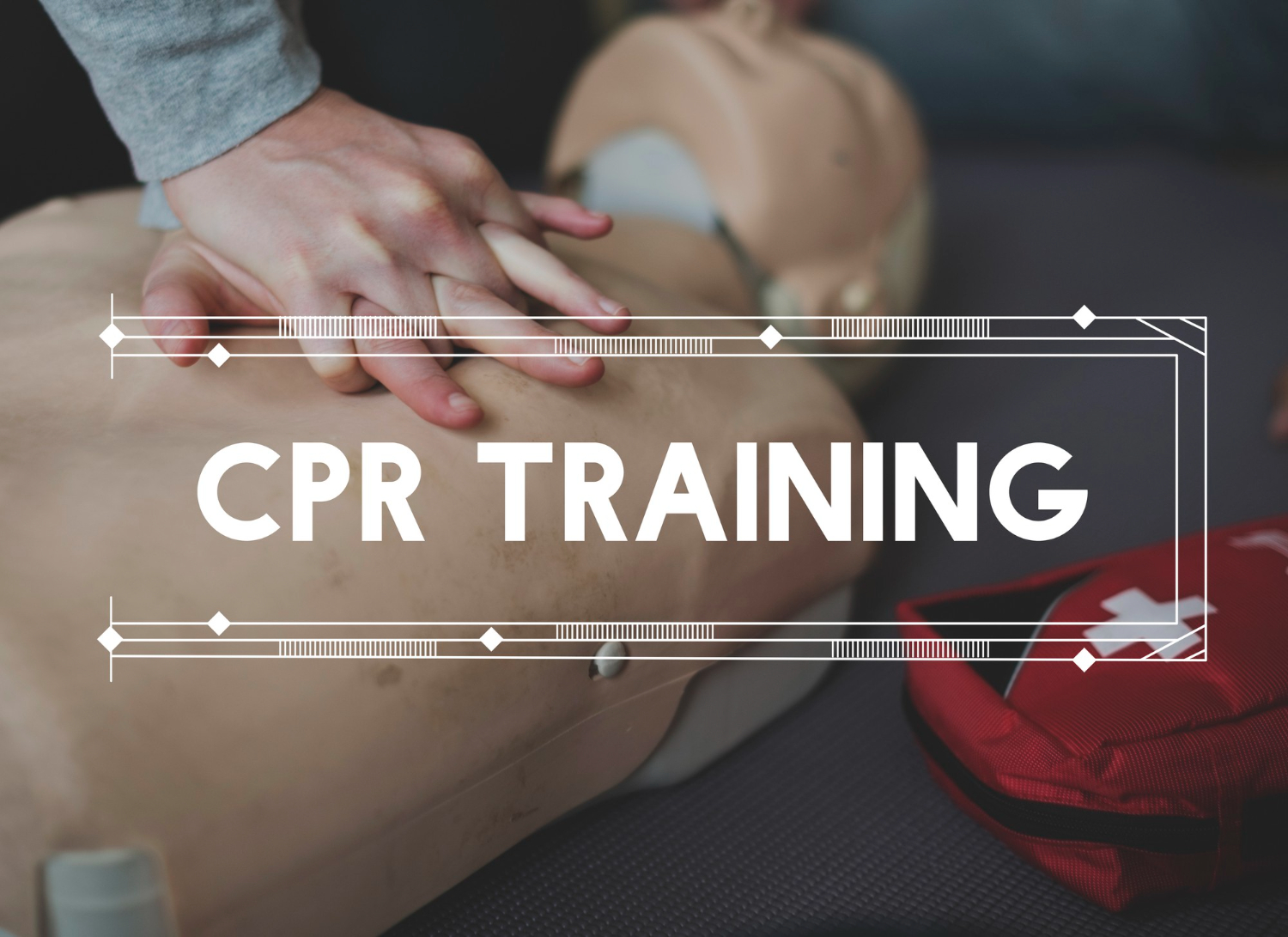Table of Contents
Introduction
Renewing your CPR (Cardiopulmonary resuscitation) certification is essential for anyone who wants to stay prepared to save lives. CPR skills can fade over time, and guidelines often change as new research emerges. Now, you might ask, when does CPR certification expire? Typically, a CPR certification is valid for two years. By renewing your certification, you ensure that you are using the most up-to-date techniques and have the confidence to act quickly and effectively in an emergency.
People who renew their CPR certification are more confident in performing CPR correctly compared to those whose certification has lapsed. This also saves them from legal ramifications.
Need for CPR Renewal
Renewing your CPR certification is essential to stay prepared and ensures readiness in emergency situations. It helps you stay updated with the latest guidelines and techniques, enhancing your ability to respond effectively. Here are some simple reasons why it’s important:
- Stay Updated: CPR guidelines change with new research. Renewal keeps you informed about the latest methods.
- Boost Confidence: Renewing your certification helps you feel ready and capable during an emergency.
- Meet Job Requirements: Many jobs, especially in healthcare and education, require current CPR certification. Renewal ensures you meet these standards.
- Legal Protection: Having an up-to-date certification can protect you legally when performing CPR.
- Community Safety: When more people are trained in CPR, our community becomes safer because they have the potential to save a life.
- Peace of Mind: Knowing your skills are update-to-date gives you confidence to help in any situation, at home or in public.
Keeping your CPR certification current ensures you are always ready to act quickly and effectively in emergencies.
Risks of Expired CPR Certification
Letting your CPR certification expire can have serious consequences. It may impact your ability to help others during emergencies. Many professionals require a valid certification to perform CPR. Here are some important reasons why you should keep your certification up to date:
- Outdated Knowledge: CPR guidelines change over time, and an expired certification means you might not know the latest techniques.
- Job Implications: Many jobs require current CPR certification. An expired certification could affect your employment or job prospects.
- Legal Risks: Performing CPR without a valid certification could lead to legal issues if something goes wrong.
- Endangering Lives: Using outdated or incorrect techniques can do more harm than good in an emergency.
- Lost Opportunities: You might miss out on volunteer opportunities or community roles that require current CPR training.
How to Renew Your CPR Certification
Keeping your CPR certification up-to-date is crucial for anyone who may need to provide life-saving assistance. Whether you are a healthcare professional, a lifeguard, a teacher, or simply someone who wants to be prepared in an emergency, renewing your CPR certification online ensures you have the most current knowledge and skills. Here are the key steps to renew your CPR certification:
- Check Your Certification Expiry Date: CPR certifications typically last for two years. Knowing when CPR certification expires can help you plan your renewal in advance.
- Register for a Renewal Course: Sign up for a course that specifically offers renewal certification. These courses are usually shorter than initial certification classes.
- Complete the Course Prerequisites: Some courses may require you to complete online modules or review materials before attending the in-person session.
- Attend the Training: Participate in the training sessions where you will practice CPR techniques on mannequins and learn any updated guidelines.
- Pass the Skills Test: Demonstrate your ability to perform CPR correctly. You may also need to pass a written test.
- Receive Your New Certification Card: After successfully completing the course and tests, you will receive a new certification card, valid for another two years.
- Stay Updated: Regularly check for any changes in CPR guidelines and consider attending refresher courses if necessary.
Difference Between Renewal and Recertification
Understanding the difference between CPR renewal and recertification is important for anyone planning to undertake a CPR renewal course. Both processes aim to ensure that your skills and knowledge are up-to-date, but they have distinct purposes and procedures. Here’s a comparison to help clarify the difference:
| Parameter | Renewal | Recertification |
| Purpose | To extend the validity of an existing certification before it expires. | To regain certification after it has expired. |
| Course Length | Usually shorter than initial certification courses. | Often similar in length to the initial certification course. |
| Requirements | Generally requires completion of a shorter course and passing a skills test. | May require completion of a full course and passing both skills and written tests. |
| Cost | Typically less expensive than initial certification. | May be more expensive as it often involves the full course. |
| Certification Validity | Extends certification for another two years. | Provides a new certification valid for two years. |
Wrapping Up
Renewing your CPR certification is an essential step to staying prepared for emergencies. It ensures that you are equipped with the latest skills and knowledge to perform CPR effectively. Knowing when your CPR certification expires can make the renewal process smooth and stress-free.

Andrej Fedek is the creator and the one-person owner of two blogs: InterCool Studio and CareersMomentum. As an experienced marketer, he is driven by turning leads into customers with White Hat SEO techniques. Besides being a boss, he is a real team player with a great sense of equality.
